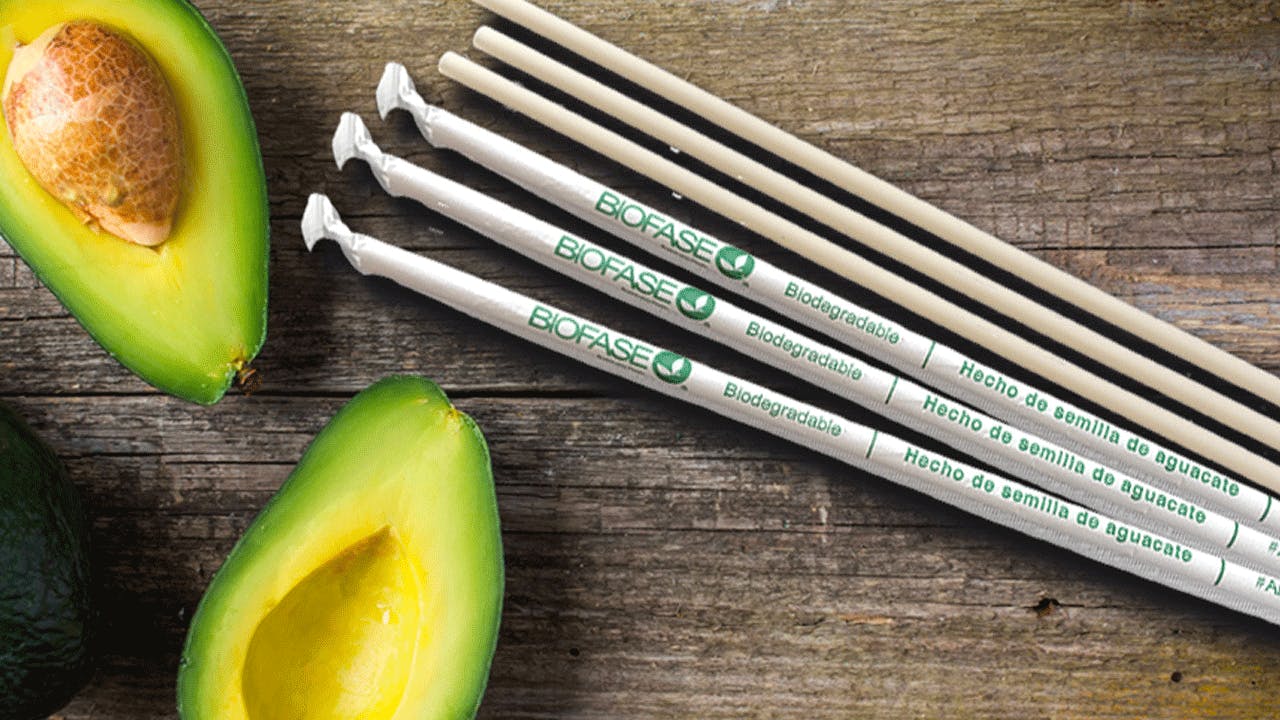Scott Muguia, founder of bioplastics company BIOFASE, is all too aware of the shift away from conventional plastic. His company turns avocado stones into biodegradable plastic straws and cutlery that break down in months instead of years. Another company, Ecoshell, does similar things with cornstarch and sugar. And there are others.
In Mexico, where Veracruz became the first state to ban plastic straws and plastic bags, scientists are finding alternatives to such non-biodegradable plastics. They are experimenting with transforming waste from food crops and other materials into products that can replace bags and plates. Tequila, corn, avocado, cactus, shrimp shells, and even human waste are being used as feed materials.
Most traditional plastics may never break down, while others can take an estimated 500 years. While bioplastics cut down on the amount of traditional plastics, not all of them are biodegradable or compostable. Emerging products hope to change that.
For example, constructing an average consumer automobile requires about 400 pounds of plastic. Ford Motor Company is testing products made in part with agave fiber, the waste from plants used to make tequila in Mexico. Renewable bioplastics could make cars lighter and therefore improve their fuel economy. From straws to cars, Mexico may be on the brink of a bioplastics boom.











